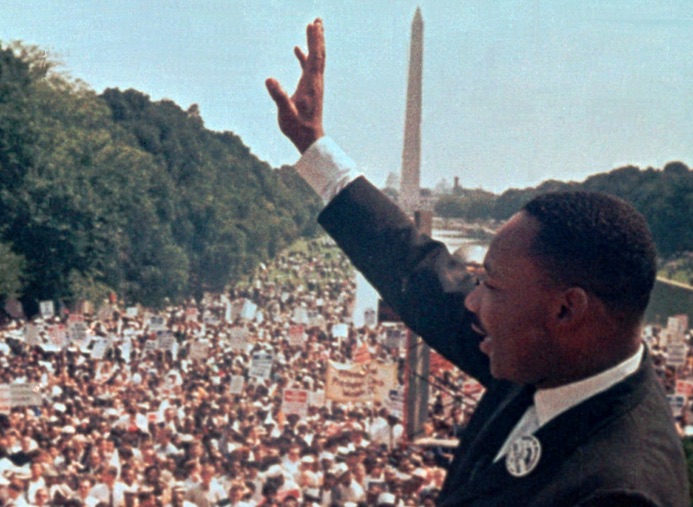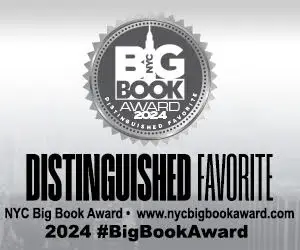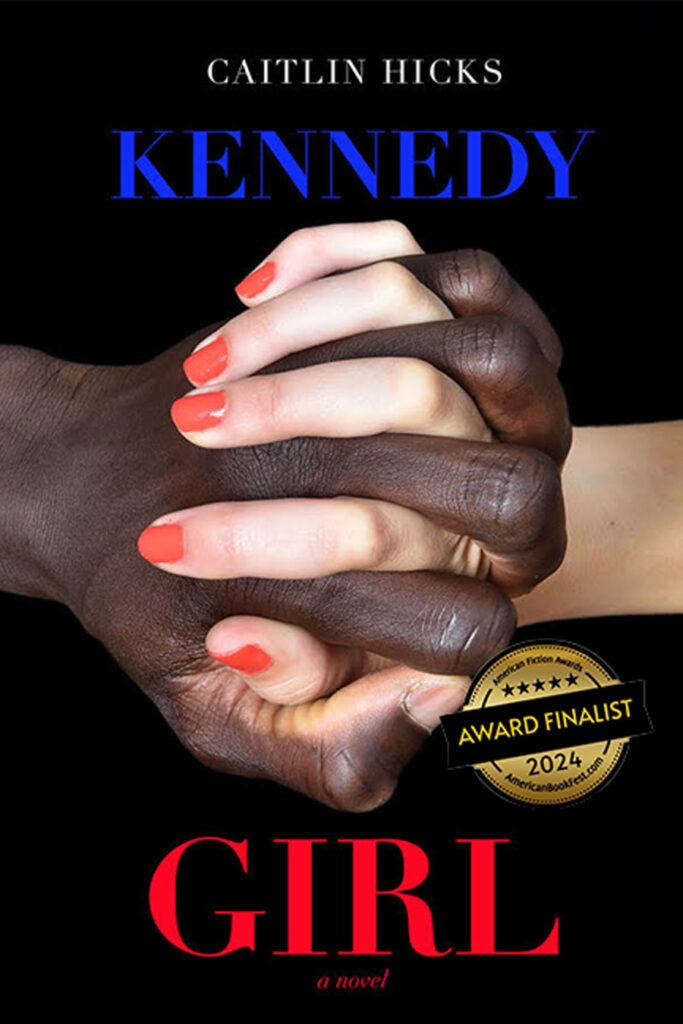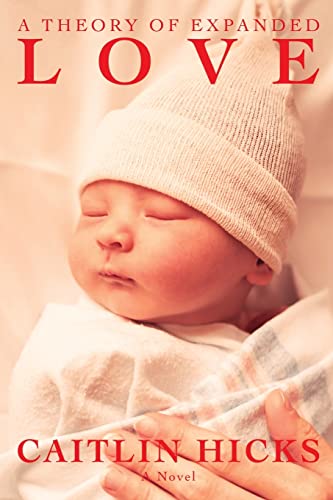Friday, April 5, 1968. Something terrible and unbelievable that has happened again and all the newspapers are announcing it: MARTIN LUTHER KING IS SLAIN IN MEMPHIS; A WHITE IS SUSPECTED; JOHNSON URGES CALM. It’s just like the Watts riots a few years ago, the smashing of storefront windows and blacks being beaten with billy clubs and attacked by vicious German Shepherd dogs and hosed off with fire hydrants. The police look like combat soldiers attacking their own citizens. The blacks are angry and now the white people can’t hide. Here in Pasadena, we’re safe but I hope it dies down before I have to go to the Kennedy headquarters tomorrow.
On TV, Robert Kennedy gave a speech from the back of a flatbed truck in Indianapolis. He said that even if the blacks want revenge, we must make an effort, after all a white man shot his own brother, too. A poem he read made me cry “pain we can’t forget even in our sleep”.
What is going on? Martin Luther King? It’s shocking to a planetary level of shocking. What can you count on anymore? He’s an important leader for the black people. Supposedly holding our world together. And if Martin Luther King can be shot dead in broad daylight while he’s having a cigarette – what’s to stop the Pope from being drowned with just his boxers on? I mean, it’s just – sky’s the limit!
At the Kennedy-for-President headquarters, the name Martin Luther King bubbled off everybody’s lips. The room brimmed with a chaos driven by animated conversation and the urgent sound of a news announcer on the television. A photographer stood by the water cooler, several cameras draped around his neck, looking confused and weighted down by the sadness in the air. I recognized the familiar comfort of being invisible in a crowd but also a melancholy, like dusk, permeating the room, as we viscerally understood the irrevocable nature of what had just happened. This person, Martin Luther King, had been shot in an instant and was really dead and gone.
Giant posters of Bobby Kennedy’s hopeful face filled a huge wall between glass storefront windows. I couldn’t take my eyes off the reassuring familiarity of that face. The image of him, with those big buck teeth and boyish grin had a certain innocence, like the poster was already a relic, something representative of an era gone by. Today, we lived in a world where a famous person could be cut down at any moment. But Robert Kennedy was still alive and among us. We had to count our blessings.
I felt the tumbling momentum of an invisible force surrounding us. What had we come to, as a nation with another public murder like this?
I listened to the conversations around me. Apparently there were no riots in Indiana where Kennedy gave his speech about peace, and the blacks there had gotten his message. This was considered a triumph. A buzz of unintelligible noise filled the room, incessantly interrupted by the sound of telephones ringing. The television in one corner screamed sirens at half blast, with moving black and white images of the riots in Chicago and Washington, D.C. The announcer said the word ‘Kennedy’ and people crowded around the screen with renewed excitement, murmuring then shushing when he spoke.
“What kind of nation are we?” he asked and you could almost hear everyone thinking. “What we need in the US is not hatred, is not violence and lawlessness, but love towards another,” he said, with that great Boston accent, and everyone in the room applauded. It’s a message the original Jesus Christ would have given two thousand years ago, but obviously it was a message that didn’t stick to everyone over the years.
I thought about Daddy and Mother who are always talking about that original message, as if it lives alongside the message of the Vietnam war and both of them make sense together. Daddy said he was relieved that Martin Luther King was out of the way. How can anyone be happy that someone’s life has been taken away from him in an instant like that? I think he lumped King together with Malcom X because they were both negroes, giving speeches about black rights and inciting people. What kind of nation are we? It occurred to me that Daddy was afraid of them, and because he was my Father, and I had learned about the world through his eyes – I was afraid of them too. My father wasn’t perfect but I loved him; now I was as ashamed of him as I was of myself for being afraid to speak up.
Facing the backs of everyone grouped around the tv screen, I noticed a negro woman sitting at the edge of a table to my left. When she put the phone down she covered her face with her hands, while everyone in the room was listening to Robert Kennedy on the tv. I turned away, wanting to give her a moment to herself, even though I was drawn to her. I didn’t know Martin Luther King, or all the reasons for his speeches and why he was so controversial. But now he was gone and this woman was quietly sobbing, like she had loved him. I realized that I had no idea what life was really like for her, or even for the black girls in my senior class who were always making us all laugh.
I was in a room staring at everything but I couldn’t see the meaning of what I was looking at. Bart stood by the water cooler, like he had been a volunteer for weeks. Madcap was coming out of the bathroom with a lit cigarette in her hand. I sat across from a black woman, trying not to look at her cry. A famous leader had been murdered yesterday in broad daylight. Again. The brother of the first assassinated leader was somehow consoling all of us. He was running for President of the United States and in this room we could almost touch him. His voice was being beamed into our ears from a snowy black and white television in the corner, filtering through all the noise of our grief and disbelief. We were in the middle of something big, so very big and important and I didn’t understand what it was. Suddenly, I wanted to know more about the world we live in, about all the things that had been invisible to me before, and how these things happen in a country like ours.
In the end, the rioting that swept the nation in 100 cities killed 46 people, all blacks, except five. LBJ declared a National Day of Mourning. On April 8th, Coretta King marched through Memphis with 42,000 people in a completely silent march to protest against treatment of black sanitation workers. On April 9th, King’s funeral was held in Atlanta. 120 million Americans watched on tv and I was one of them. Jackie Kennedy was crying alongside her brother-in-law Edward Kennedy, with one hundred thousand people who surrounded Ebenezer Baptist Church. Seeing all those people together, you could feel the disbelief and the irrevocable sadness of a unique person missing forever in an instant. I saw Bobby Kennedy among the thousands holding hands singing ‘I do believe / We shall overcome’. We were right there again, staring at a coffin with a man inside, wondering about all the futility and permanence of such a stupid thing: the killing of another human being.



